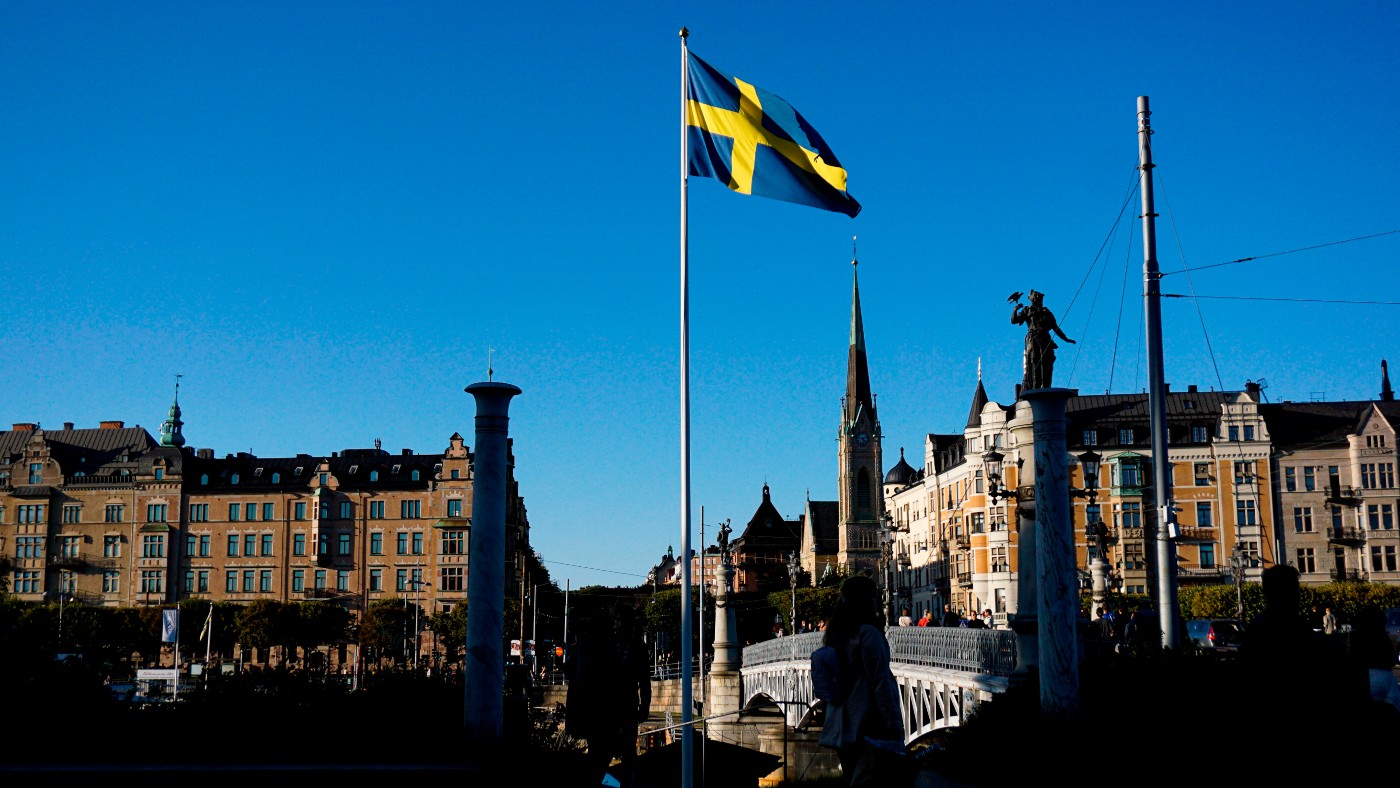Coronavirus: how anti-lockdown Sweden is preparing for second wave
Deputy state epidemiologist credits consistency and a light touch for preventing fresh spike in infections in the Nordic nation

A free daily email with the biggest news stories of the day – and the best features from TheWeek.com
You are now subscribed
Your newsletter sign-up was successful
Having stood alone in refusing to lock down when the coronavirus pandemic first hit, Sweden is living up to its reputation as Europe’s odd man out once again in the response to the second wave of infections.
As other Western countries imposed nationwide shutdowns back in spring, Sweden instead opted for lighter restrictions, including banning gatherings of 50 people or more and moving teaching for students aged over 16 to online platforms.
Cafes, restaurants, bars and gyms remained open, although patrons were encouraged to keep their distance. “The goal, as in other countries, was fewer contacts between people and protecting the most vulnerable,” says The Economist, “but the means were less draconian.”
The Week
Escape your echo chamber. Get the facts behind the news, plus analysis from multiple perspectives.

Sign up for The Week's Free Newsletters
From our morning news briefing to a weekly Good News Newsletter, get the best of The Week delivered directly to your inbox.
From our morning news briefing to a weekly Good News Newsletter, get the best of The Week delivered directly to your inbox.
This more light-handed approach seemed to work, with many Swedes staying at home at rates similar to people elsewhere in Europe, according to surveys and mobile phone data. But as new circuit-breakers, lockdowns, and curfews loom across the rest of Europe, what does Sweden have planned now?
Quarantining
Like most other countries, Sweden is practising quarantining. However, while much of Europe has imposed a strict 14-day self-isolation period for infected people, their contacts and travellers returning from overseas, Sweden’s quarantine is for just seven days.
The Swedish quarantine rules also only apply to people who live with someone who has Covid-19, and the quarantine can end if a test returns a negative result after five days. And children do not have to self-isolate at all.
A free daily email with the biggest news stories of the day – and the best features from TheWeek.com
Testing
The government in Stockholm pays for antibody tests for any citizen who wants one. A positive antibody test will immediately exempt that person from having to quarantine or being required to have a Covid test if they display cold- or flu-like symptoms.
Cash payments
Anyone who is quarantining and cannot work from home, such as labourers and taxi drivers, is eligible for a cash payment to replace their lost income.
Rules that people ‘can accept’
Sweden’s deputy state epidemiologist, Dr Anders Wallensten, said last week that compliance with the government’s rules had been “good” and is “not really declining”.
According to the diseases expert, there is “not that big of a difference” between Sweden’s approach to the pandemic and that of other countries.
The main distinction, Wallensten argued, is that while other governments have each tried a variety of approaches to stemming outbreaks, the measures introduced by Stockholm have not changed, “are still up and running” and will remain in place for the coming winter months.
In what The Telegraph describes as a “veiled criticism of Britain”, he emphasised the importance of sticking to consistent and clear rules which “make sense” and which “people can accept”.
Speaking at a webinar hosted by the Royal Society of Medicine last Thursday, Wallensten added that “I don’t think any country is immune to a greater outbreak”.
“But if I were to speculate [on why Sweden hasn’t yet had a second wave], it may be the fact that we did perhaps have a lighter touch but we have kept it all along.”
Arion McNicoll is a freelance writer at The Week Digital and was previously the UK website’s editor. He has also held senior editorial roles at CNN, The Times and The Sunday Times. Along with his writing work, he co-hosts “Today in History with The Retrospectors”, Rethink Audio’s flagship daily podcast, and is a regular panellist (and occasional stand-in host) on “The Week Unwrapped”. He is also a judge for The Publisher Podcast Awards.